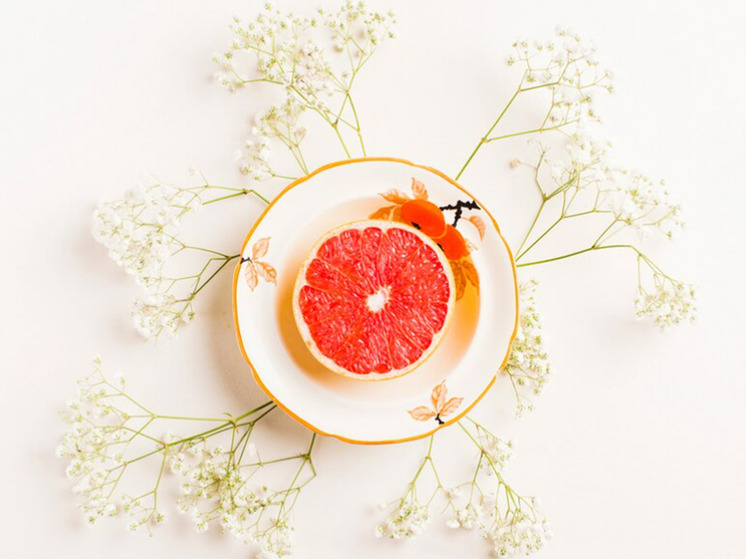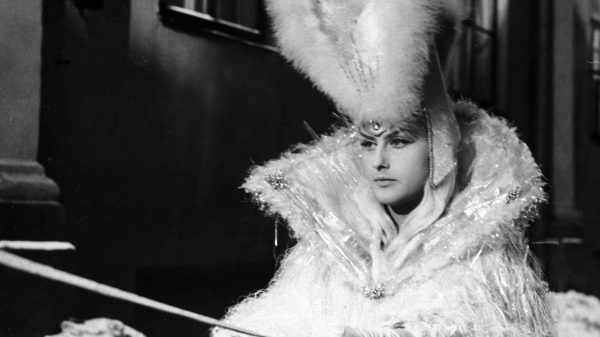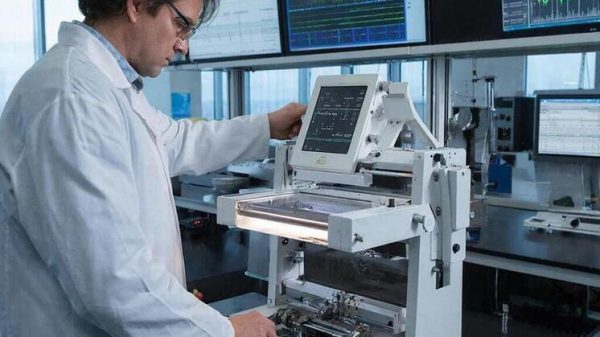Eating fruit may prolong the caffeine rush
If you feel like the energizing effect of your morning cup of tea has quickly worn off, the scientist behind the controversial advice to add salt to your tea has better advice : try grapefruit.

Michelle Frankl, a chemistry professor at Bryn Mawr College, caused an international storm last month in teacup, suggesting that a pinch of salt can create the perfect drink, The Guardian recalls.
Now she has advice that is far less likely to reignite the biggest transatlantic tea scandal since the American Revolution. Speaking at an online webinar organized by Chemistry World magazine, she said fruits and vegetables can prolong or reduce caffeine intake.
“Eating a lot of grapefruit can increase the amount of time the caffeine stays around. in the body, says Michel Frankl. – And if you add cabbage, broccoli and Brussels sprouts to your diet, you can get rid of caffeine faster.
She said the reaction to her book's advice to add salt to tea «baffled her.» – especially the diplomatic interventions that followed – and that the American approach to preparing the drink was not to her taste.
Her advice sparked outrage and prompted the US Embassy in London to post on Platform X that «the unthinkable idea of adding salt to the UK's national drink is not official United States policy.» And it never will be.” However, the rest of the message ended reassuringly: “The US Embassy will continue to brew tea properly – in the microwave”.
Professor Frankl expressed disagreement with the American habit of using the microwave to make tea. She said this approach promotes the formation of a cloudy material known as foam, composed of organic matter with calcium and magnesium carbonates.
“This happens when you microwave tea because you are bringing it to the boiling point so quickly that you are not removing the oxygen and carbon dioxide. Thus, there are more carbonates in the water, and oxygen also promotes the development of organic matter, which leads to the formation of many floating substances”, – the expert explains.
Frankl said that she was surprised at the previous comment – that the milk must be heated – there was something of a misunderstanding, noting that she didn't mean it should be warmed up.
“But in fact, cold milk from the refrigerator poured into hot tea can actually curdle,”, she said.
Frankl emphasized that the size and material of the tea bags matter, but not their form, while it is important to preheat the kettle before using so that the water does not cool down when added.
“At 60°C, the total amount of caffeine extracted is about half as much as at 90°C,” she said. – If the water you use to make your tea isn't hot enough, you won't get the caffeine hit you're hoping for.
For those who like a soothing drink, Frankl suggests Earl's is your best bet. Gray» because it contains more of a substance called linalool due to the citrus oil it contains.
“It turns out that linalool activates the same pain-relieving pathways as opioids,” says Frankl. Inhaling the aroma has been shown to reduce pain perception in mice and anxiety in humans.
“Earl Gray Tea with such a distinctive aroma is something that can reduce anxiety in people. Therefore, when my husband drinks this cup of tea before a meeting at the department, it means that he is up to something, – notes the professor.
Scientists have discovered that there is another important ingredient for making tea with the perfect taste: microbes.
In the journal Current Biology, researchers reported that different types of tea are associated with different soil conditions. microbes, and that varieties associated with microbes involved in nitrogen metabolism contain higher levels of the amino acid theanine – substance that shapes the taste of the drink.
“Our results indicate that the taste of tea may be influenced by soil microbes, since we showed that microbes influence theanine levels,” said Zhenbiao Yang, co-author of the study from Fujian University of Agriculture and Forestry in China.






















































Свежие комментарии